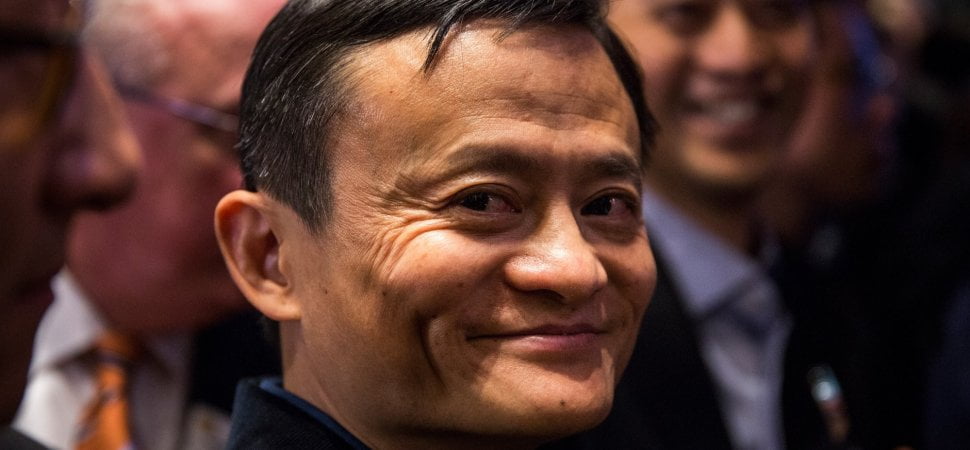
Founder Jack Ma has transformed Chinese retail and now had his sights set on the world. Alibaba connects businesses directly with their customers selling everything from groceries to automobiles and from private islands to services to visit elderly parents or find a sperm donor.
Ma took a very inclusive approach to growing Alibaba. He recognized early on that he needed to include and help grow China’s big courier companies so he could access the logistic capability he would need to scale.
While Jeff Bezos‘s Amazon has had to settle for only two percent of the Chinese market, Alibaba’s growth has been meteoric famously raising a staggering $21.8 billion at its IPO in 2014. But while experiencing this hyper growth, Alibaba has been careful to develop the right capabilities at the right times so as to carefully avoid hitting its maximum capacity for growth.
Hyper growth
With 400 million people a year making purchases on its sites, Alibaba sees tens of millions of packages delivered everyday, representing more than two-thirds of all deliveries in China. Early on Ma and his team realized that its e-commerce business was growing so quickly that it would hit maximum capacity if they did not develop a logistics capability. Ma didn’t want to develop run logistics himself but he needed to be able to access the capability if he wanted to scale his business.
Initially, Ma approached China Post to work together — but he was rebuffed and told to stick to his own business. So in 2013 Alibaba teamed up the main courier companies in China to invest in a company called China Smart Logistics. Together this group delivers over 30 million packages a day, employing over 1.5 million people across over 650 cities.
China Smart Logistics, of which Alibaba owns 48 percent, is building a platform that brings logistics providers, warehouses and distribution providers across China. Duncan Clark explains in his book Alibaba: The House that Jack Ma Built:
“The idea is that by sharing orders, delivery status and customer feedback the 15 member companies can improve efficiency and service quality while remaining separately owned. By investing in China Smart logistics, Alibaba aims to lock in vital relationships with its logistics partner while finding outside investors to fund the expansion of the logistics networks themselves.”
Scale with your ecosystem
Like Alibaba, if you wanting to scale you need to recognize when you are in danger of the hitting maximum capacity if you don’t develop the right growth capabilities. Building those capabilities in-house is not always the answer. Entrepreneurs should consider leveraging their business ecosystems to access the growth capabilities they need. Like Jack Ma, ask yourself which suppliers or sales partners will I need to work with as I scale and how can we can grow together?
